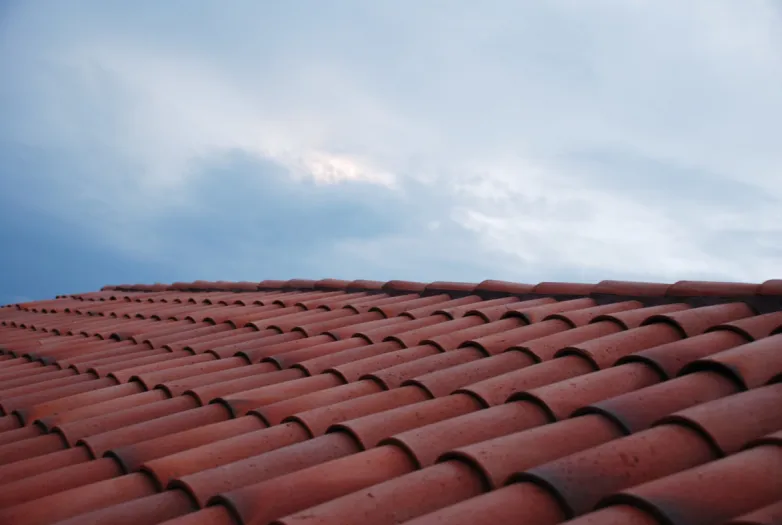Goa to replace traditional clay tiles with solar ones
- State energy minister Nilesh Cabral says householders will be offered the chance to reduce energy bills without any upfront cost by leasing roofspace to installers as part of plans to add 15 MW of solar capacity in Goa by March.

Goa, India’s smallest state, may soon replace its traditional Mangalorean, clay roof tiles with solar tiles.
State power minister Nilesh Cabral told reporters yesterday the authority is looking into using private roofs – clay and tin – to host solar tiles and panels, respectively, on a solar leasing basis. Householders would lease their roofspace to solar companies and pay lower electricity rates for the power generated by the solar devices.
“I have studied the Brazilian RESCO [renewable energy service company/leasing] model for solar power generation and probably will introduce it in the next 15 days for the state of Goa,” said Cabral. “Under this particular model, one can replace Mangalorean tiles in Goan homes with special solar tiles and also metal tin sheets with special solar panels.”
The move comes amid heavy criticism of the authorities after long, unannounced power cuts recently in a state which consumes 650 MW of electricity daily.
Incentives
Under the solar rooftop proposal, the state electricity department will start inspecting premises and the owners of appropriate roofspaces will be offered the incentive of savings on their electric bills. The authorities predict solar installations could bring bills down as much as 30-40%. Building owners will pay no price for installation as 20% of the electricity bill savings will be banked by the installation companies.
Minister Cabral also announced the state wants at least 15 MW of solar capacity installed by March – one tenth of an ambition to add 150 MW by 2022. Subsidies will be offered to drive the four-month ambition, the minister added, with public money providing half the cost of solar installations – 30% from central government and 20% from the state. The purchase price will be calculated as the capital cost set by the Ministry of New and Renewable Energy or the price arrived at through a Goa Energy Development Agency tender.
Introduced to India in 1860 by a German missionary, Mangalorean tiles are named after the city of Mangalore, in Karnataka state, where the first clay tile factory was established. They are known for their durability and ability to keep out heavy rain and were most commonly used in Goan homes built during the Portuguese rule which ended in 1961.
Also read
- Terra Energy Raises $105 Million for Battery-Ready Rooftops
- Otovo Buys SSP, Builds U.S. Solar O&M Beachhead
- Poland funds eight energy clusters, thousands of rooftop solar installs
- GoodLeap closes $140m ABS, fueling residential solar financing flow
- Uniper Backs Scotland Solar, Wins German Battery Approval

